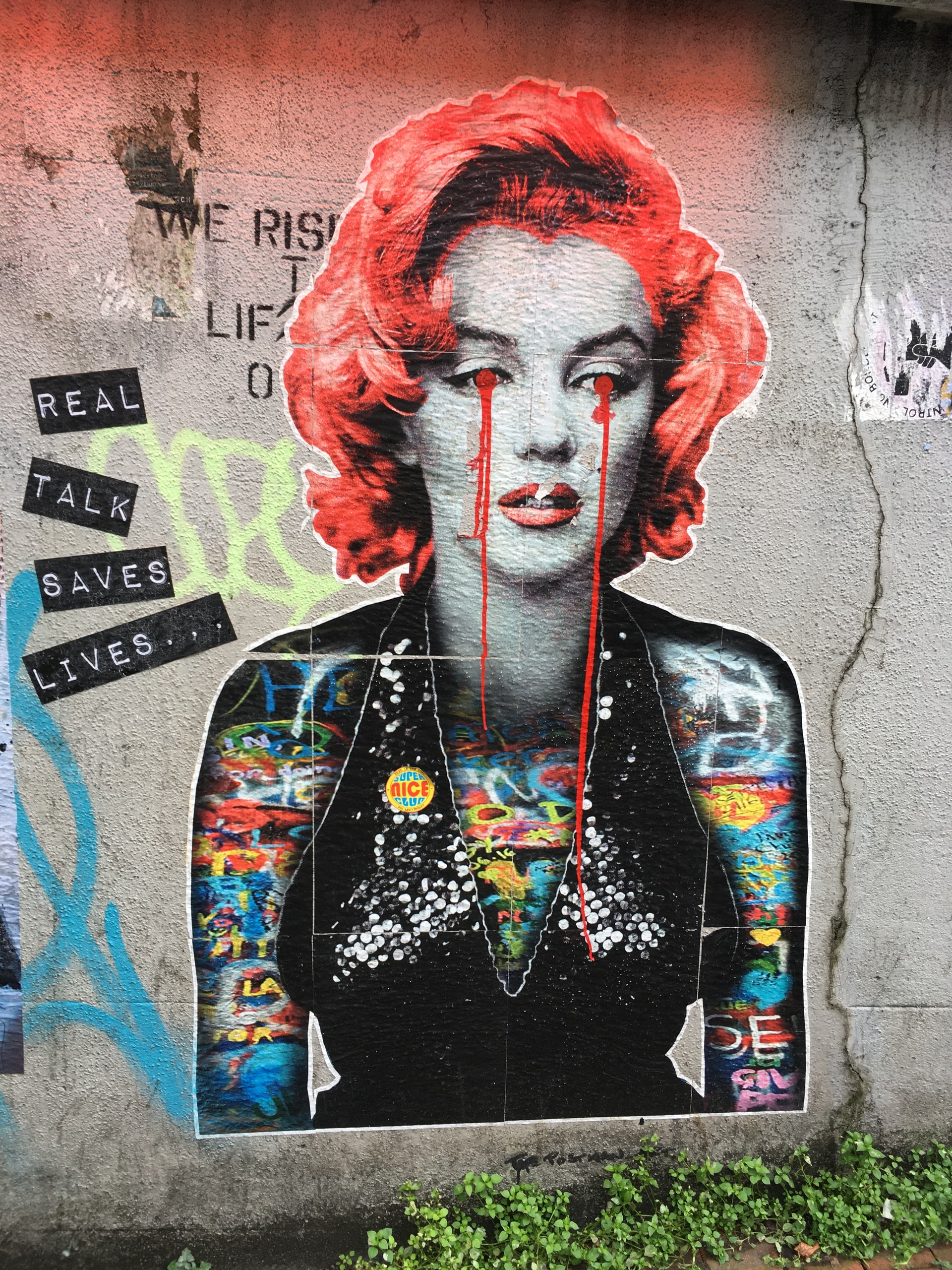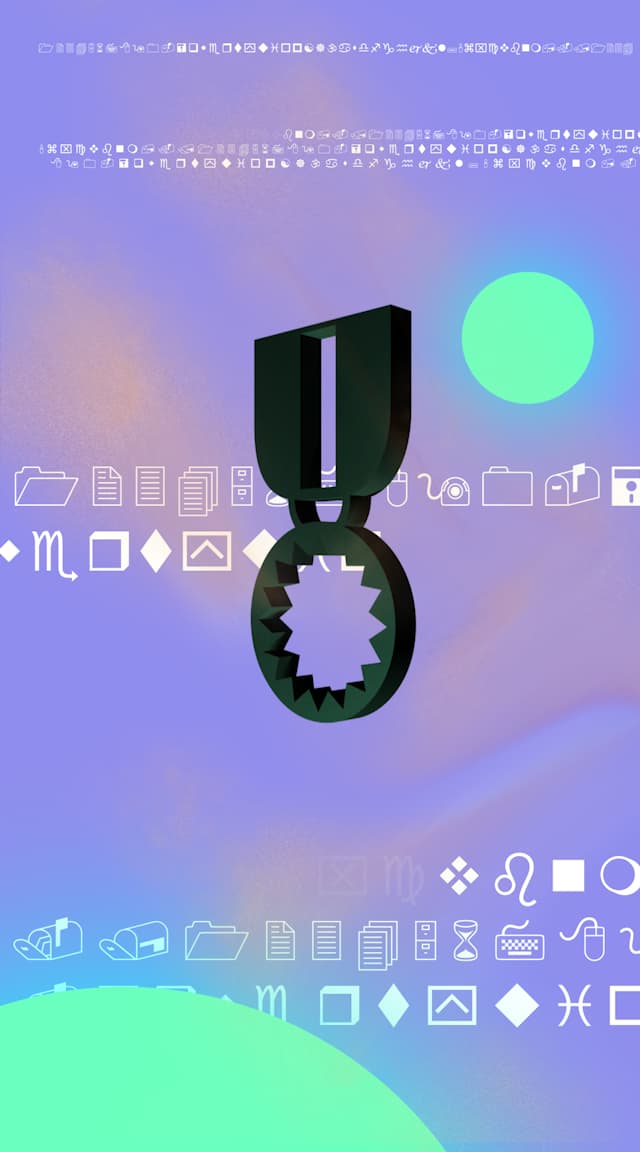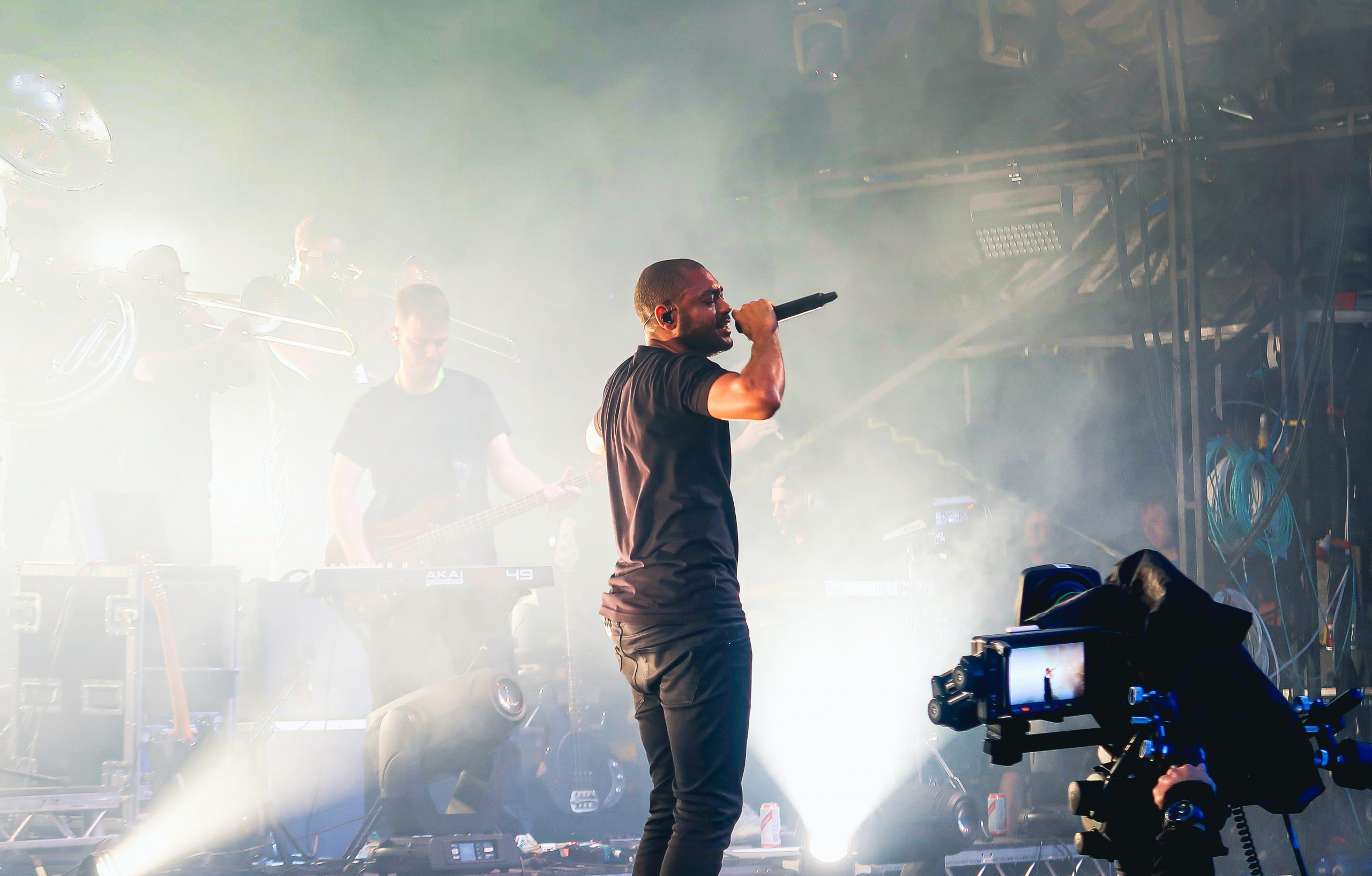Has social media killed the “superstar”?
50 percent of Millennials trust content creators more than celebrities. For Gen Z, YouTubers are the new celebrity. [Source: Morning Consult]
In the age of streaming and instant gratification, traditional superstars have rapidly been replaced by business-savvy content creators.
But is this necessarily a bad thing?
An overview of the term “superstar”
The term “superstar” associates famous individuals with celestial bodies. It evokes a sense of “orientation, transcendence, a kind of union between mortals and the gods they have chosen for themselves.” [Source: The Atlantic] It emphasises the perceived distance between famous individuals and their fans – creating a god-like figure whose lifestyle and persona are unattainable.
The earliest use of the term “superstar” in relation to celebrity can be traced back to the 1910s and 1920s, in particular, Frank Patrick’s reference to the ice hockey players on his Vancouver Millionaires teams.
The popularity of the 1970 musical Jesus Christ Superstar contributed to the term’s popular use and further associated it with holy bodies. In the 1980s and 1990s, emerging marketing tactics meant that publicists and journalists started using the term to trigger controversy, hype up an act and generate free press coverage.
The artist mystique
The traditional definition of “superstar” goes hand in hand with the “artist mystique” concept. Superstars such as Prince, Michael Jackson, Elvis Presley, Marilyn Monroe, Elizabeth Taylor and Tupac had a lifestyle and cult of personality that seemed quasi-impenetrable. The fourth wall between the artist and the fans was a constant – it’s what made these artists famous in the first place.
Enter social media, and the rules have changed drastically. Emerging artists need to entertain and engage with their audiences. Millennials and Gen Zers need to relate to the artist to support their endeavours. In some instances, personality is becoming even more important than talent and viral content is king.
During a chat with fellow Beats co-founder Jimmy Iovine, Dr Dre stated, “There’s a certain mystique that gets destroyed. I like the mystique. I like waiting. I don’t need anybody to know where I am every minute or what I’m doing. Or what I’m about to do… There’s a certain mystique that came along with music that was entertaining to wait to see what was about to happen.”
He continued, “Fame is what the currency is. Likes or whatever the stuff is. … that’s why people put music out every day. That’s marketing.”
This mystique might still work well for established acts such as Dr Dre. However, emerging artists are finding it increasingly difficult to maintain that facade in a world that favours constant engagement.
Spotify’s Daniel Ek said, “The artists today that are making it realise that it’s about creating a continuous engagement with their fans. It is about putting the work in, about the storytelling around the album, and about keeping a continuous dialogue with your fans.”
Decentralisation of knowledge
The Internet and social media have decentralised the media landscape. Consumers are no longer forced to tune into the same TV or radio channels and consume content that they might not actually like.
Today, people within the same household consume different media and retrieve information from a billion different sources. Decentralised knowledge has its downsides – as fake news and misinformation are rife.
However, when it comes to entertainment, decentralisation has allowed diverse artists and content creators (who might otherwise not have reached anyone in the pre-social media age) to thrive and reach worldwide audiences from the comfort of their homes.
Power to the people
In the creative industries, big companies and multinational corporations still hold a certain degree of control over who “makes it”. However, they’re no longer the sole decision-maker: superfans can make or break an artist, and they’re becoming increasingly important in an artist or content creator’s career trajectory.
Artists and content creators have to work extra hard to cut through the noise – 720,000 hours of video are uploaded every day to YouTube alone. However, when their dedication is (finally) recognised by a group of superfans, they have the opportunity to build a sustainable career.
K-pop fandom is a clear example of superfans’ power to make things happen. At the time of writing (May 2021), the BTS ARMY helped their favourite boyband smash records for their latest single “Butter” (it surpassed 20.9 million global streams on Spotify in just 24 hours)
This continues to prove that K-pop superfans and superfans, in general, are not passive customers – they’re cultural producers and engaged consumers. They run fansites, create their own merch, rally behind their favourite artist and influence management companies’ decisions. They’re also becoming a global political force.
Consumers becoming creators
The accessibility of creator tools means that more and more consumers are becoming creators themselves. In the Morning Consult survey, 54 percent of respondents said that, given the opportunity, they would become content creators.
The global marketing manager of TikTok US, Stefan Heinrich, summed up this shift perfectly: “[users] aren’t just watching. They’re creating in response.”
These tools, coupled with the importance of personal branding, have led to an increased interest in micro-creators (a category of influencer whose social media following ranges from 5,000 to 100,000). Brands are recognising the benefits of employing micro-creators for their campaigns: these creators have a closer relationship with their audience, which in turn leads to more engagement and greater trust in the creator’s recommendations.
Final notes
While traditional “superstars” are still relevant to big-budget companies and older audiences, younger generations are less impressed by distant personalities that want to maintain the fourth wall between themselves and their fans.
Millennials and Gen Zers – assisted by social media companies – are rapidly redefining what a “superstar” is. They’re transforming it into a term that’s based on subjectivity, personal tastes and preferences rather than the objective, one-size-fits-all definition dictated by the few.
Photo by Michèle Eckert on Unsplash






